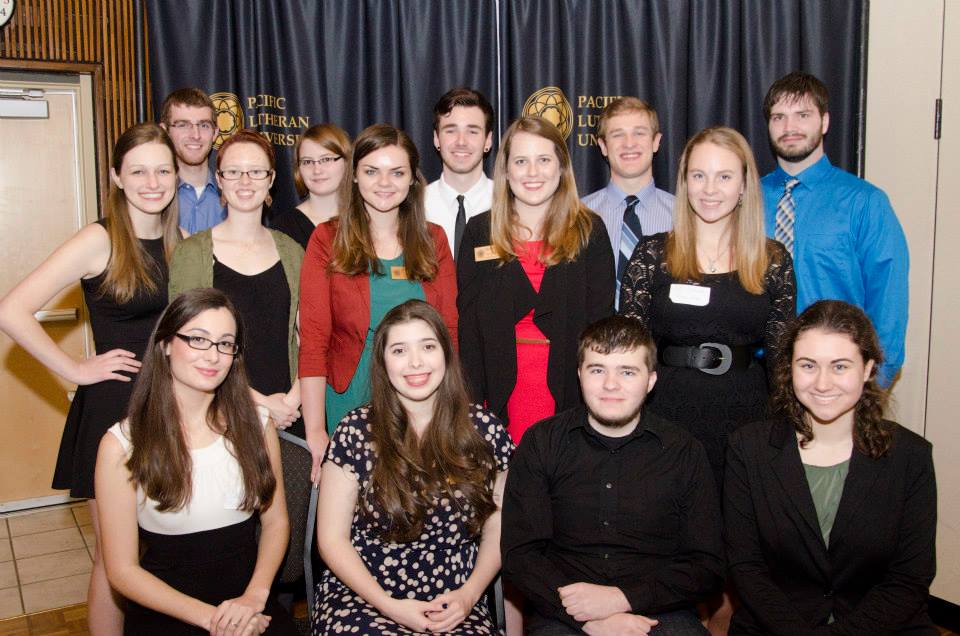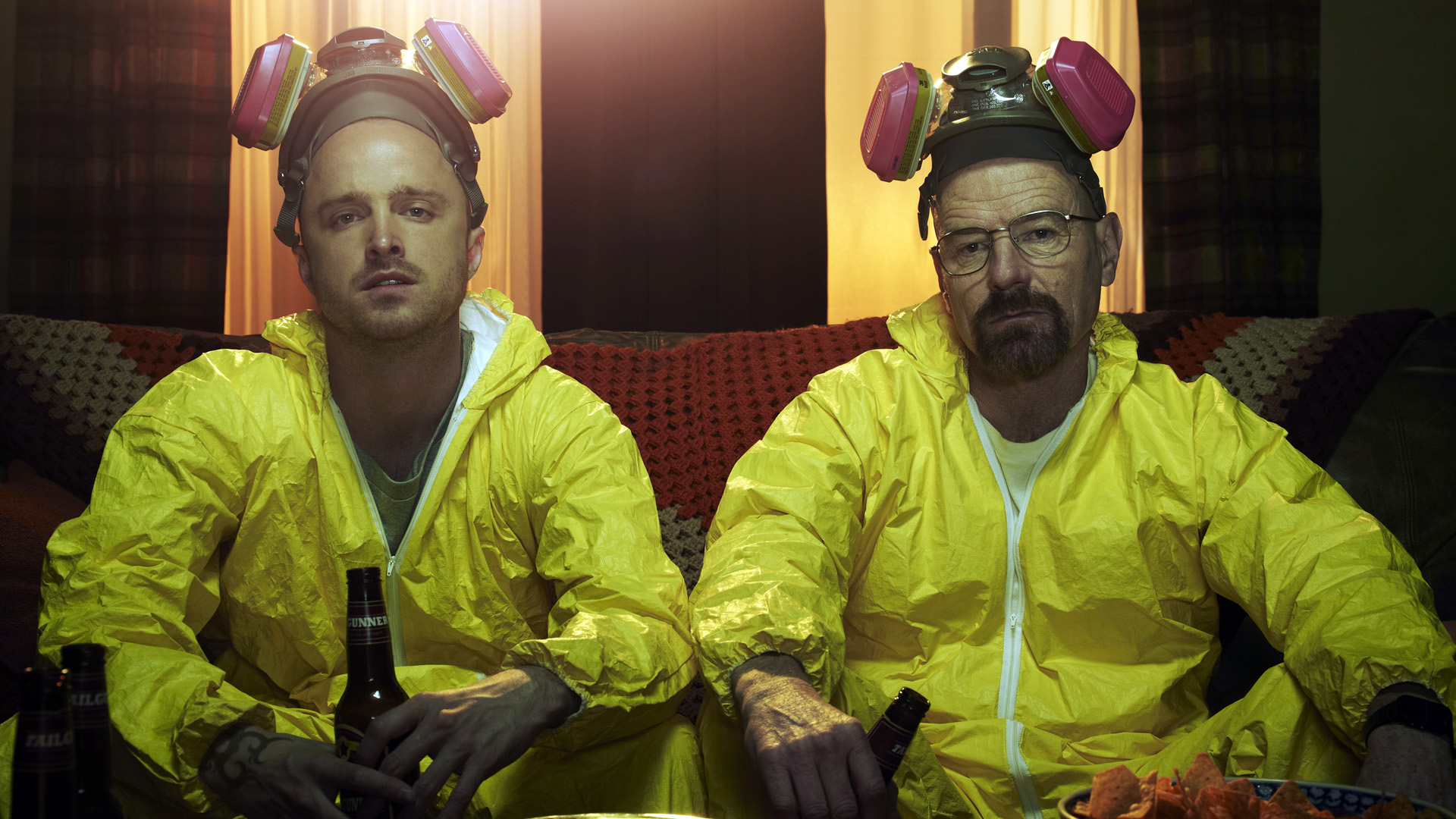In a spring article about the millennial generation, TIME reporter Joel Stein argued that this generation — our generation — is lazy and narcissistic. However, we aren’t lazy, we’re just getting smarter about our activism.
Crushing student loan debt and the nature of higher education prevents us from being “activists” in the traditional sense of bra-burning and freeing lab animals — the cost of getting kicked out of school is just too big to pay — but we do have to buy things. Which is why we should use that buying power, and we have quite a bit of it even though we are “poor college students,” to promote something good.
The past couple years have seen a surge in consumer interest in what they are buying and what those companies support.
From the announcement that a part owner of Chick-Fil-A is anti-gay, to JCPenney’s controversial ads featuring gay or lesbian couples, to the movement toward free trade coffee beans, buyers want to know that their money is supporting something they believe in and keep it away from companies who don’t support those beliefs.
After hearing stories about big companies like Abercrombie & Fitch, who’s CEO made public statements implying that his brand was only for “cool kids,” even college students of limited means want to take action, and it seems that one of the most effective ways to do that is through our purchasing power. Consumer activism is a trend, and it looks like it’s sticking around and entering the smartphone realm.
Meet Buycott: a free, interactive smartphone application that asks what you care about when you buy things and helps you support them. Fundamentally, it shows you where your money is going when you buy something and lets you decide if you want to support that company or person based on what they support.
The app makes use of the term “Buycott” as opposed to “Boycott.” When you boycott something, you don’t support it in any way. Buycotting, on the other hand, means you buy products that support what you agree with.
After scanning your food, t-shirt, candy bar, CD or anything else you want to buy that has a barcode, the app will tell you who sold it to the company you’re buying it from, who owns that company, and what they use their money for.
For instance, scanning a travel-sized package of tissues shows me that they are made by Kleenex and that Kleenex is owned by the Kimberly-Clarke Corporation, which also owns Kotex, Poise, Scott, Huggies and Cottonelle. I can also see that it’s being Buycotted (supported) by people who wish to support bicycle-friendly businesses and by those who support LGBTQ equality in the workplace.
In the end, applications and services like Buycott are, and will continue to be, popular simply because they promote transparency. More and more that’s what America, and particularly the millennial generation, is looking for.

















